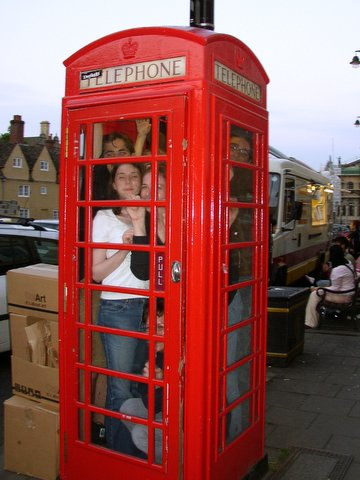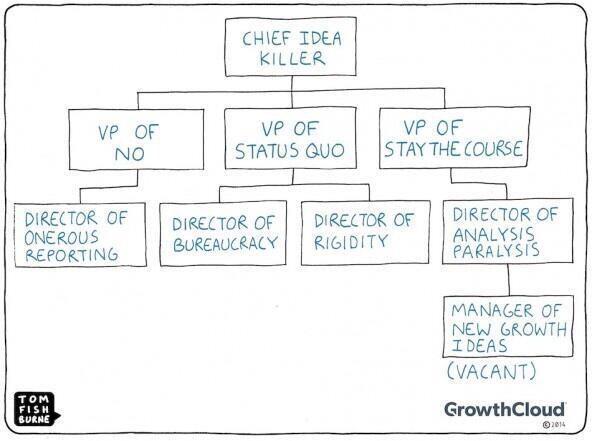Air Travel
11 January 2016
Plane flights are uncomfortable. However, they are supremely useful; they enable me to go to a completely different culture in hours. The main costs are money, invasions of privacy, and being forced to LARP as a sardine for a day.
Since I can only afford to travel economy cramped class. I crowd sourced advice on how to make long flights more bearable.
Assumptions
I’m intrigued by the lack of comments about hidden factors, such as:
- Avoid airlines that are not well maintained.
- Avoid airlines where the pilots are chronically fatigued.
- Stay far away from airlines that outsource their maintenance to unqualified (cheap) contractors.
- Don’t connect through airports where staff have been
laid offfired or outsourced, because it will end badly. - Stay away from airlines with lots of complaints.
- Don’t give money to airlines that conspire to keep prices artificially high.
It’s part of human nature to ignore what is working, and air travel is very safe. I find it bemusing when important factors (safety, reliability, pilot resilience) are mentioned less than “Bring Ambien! Books! Nachos!”
Advice, Distilled
- Bring things to pass the time. Books, movies and games are popular choices
- Sleep on the flight. Bring things to help with that (pills, pillows, earplugs)
- Make yourself more comfortable physically (snacks and slightly larger seats)
Happy Flying!
Permalink2015, Finished
31 December 2015
On New Years’ Eve I think on the events and patterns of the year, as a reflective practice. I learn more when I use hindsight to my advantage.
I’ve looked at the work I didn’t do. Now I’ll look at what I did.
Focus
The unexpected is a source of inspiration and joy. Sometimes it is a source of meaningless interruptions. I have found that people are a source of inspiration, and advertising is invariable noise. I use technology to filter the latter out of my life.
- Web ads, including Facebook ads (via Ghostery, Adblock Plus and Social Fixer)
- Television ads (I don’t have a TV, just a laptop & projector)
Lesson: Technology, like all tools, can be used to further your goals. Identify what you care about (fewer interruptions, privacy), and chances are there’s a tool for you.
Read
I like to anticipate obstacles and opportunities by being well informed. I ended up reading over a thousand blog posts, research papers, newspaper articles, and books this year. I lack an eidetic memory, so I maintain a personal knowledgebase.
I keep track of the most useful resources, categorized by topics such as health, food, education, government, companies, privacy, computer security, intellectual property, software development, data science, finance, environmental engineering, productivity, communication, job searches, scientific research, and our ever-growing police state.
Lesson: Latency is king. The amount of information I can access depends on time. Computing latency works the same way.
- CPU registers - immediate recall. I can continue doing what I was doing without pause.
- L2 cache - I can find answers in less than a minute using a personal knowledgebase.
- Main Memory - I can find answers in less than an hour by reading articles/posts/papers found via Google searches.
- Disk - The information is not available online. It will take me hours or days to get the answer from books or experts.
Many useful tools (Google, StackOverflow, cookbooks) are successful because they move knowledge a lower latency.
Analyze
I was able to complete one big side project this year, analyzing the personnel expenses of the University of California (UC) system. Spoiler: most of the money goes to administrators, not teachers or students.
I can’t publicly show the work I do at my job. Practically all of my work results are derived from student activity, and even non-PII data about students is restricted by FERPA laws unless lawyers say otherwise.
Luckily I can talk about what I do, without the results, on my work blog.
I have made some (very modest) headway into tackling the problem of student debt at the UW. I didn’t anticipate that all of the challenges would be political/organizational, rather than technical.
Lesson: Don’t expect to change a company’s culture without the risk of getting fired. Work on analysis projects that have clean data sets, to save time.
Learn
My learning this year was focused on a small number of skills.
- Data science, with an emphasis on feature extraction and nonlinear classifiers.
- Neural networks, including 10-layer nets (‘deep learning’)
- Medicine, specifically genomic analysis and epidemiology.
- Communication. No project is done alone, and people are more complicated than any algorithm.
Brain Food
A large number of the best engineers I’ve met are accomplished musicians. Learning new programming languages, patterns and business rules require focused effort to fit new ideas into your own understanding of the world. It’s the same process as learning new music. I play in a Brazilian samba band for fun.
Lesson: Work on a craft or hobby. It’ll make you a better engineer, and it’s a blast.

